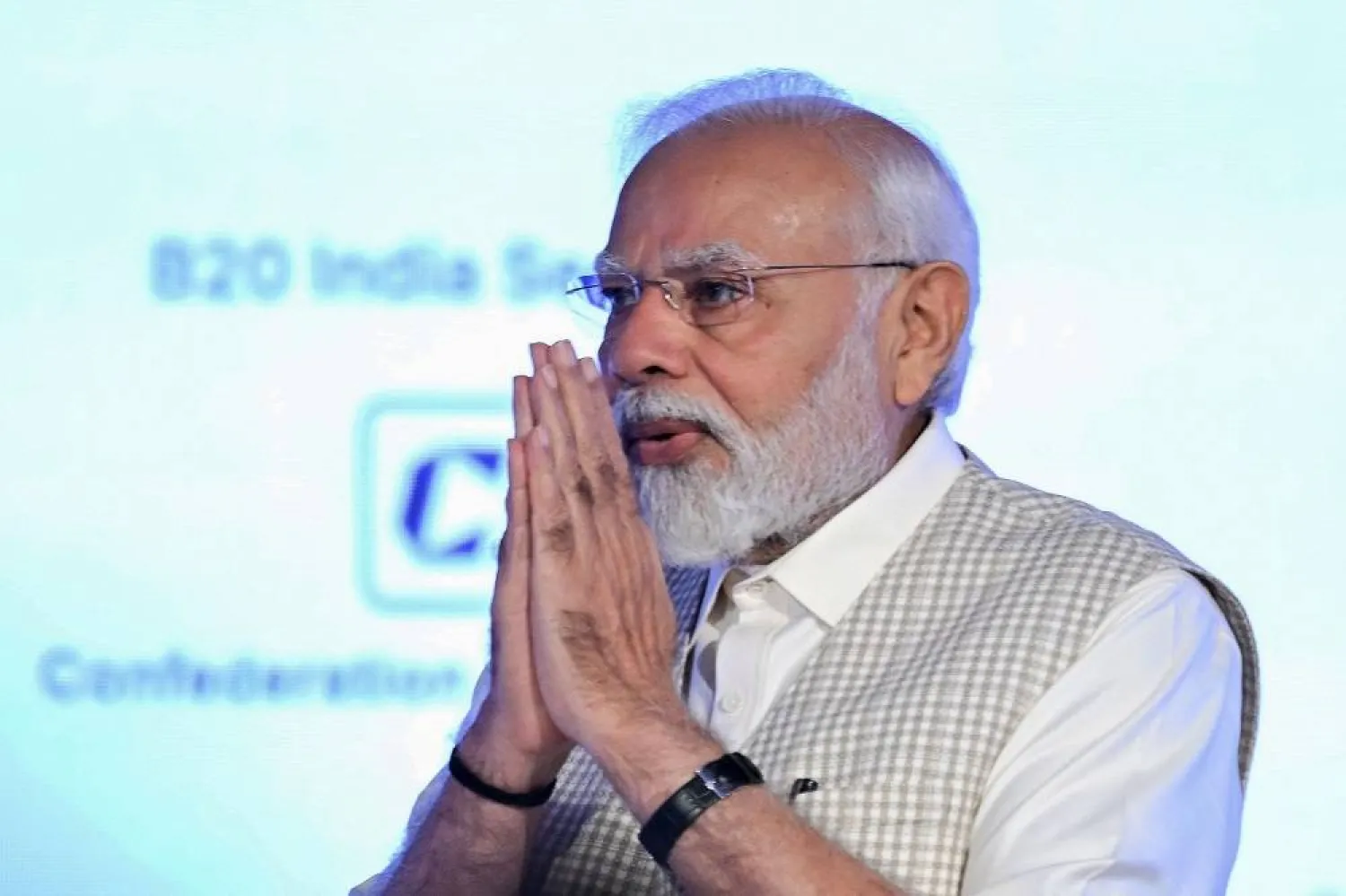Russian President Vladimir Putin discussed bilateral ties including trade, energy and space cooperation with Indian Prime Minister Narendra Modi by phone, the Kremlin said on Monday.
The two leaders also discussed the planned expansion of the BRICS group of emerging economies - comprising India, Russia, China, Brazil and South Africa - as well as a summit of the G20 club of major economies that New Delhi will host next month.
Russia has sought to further strengthen already warm ties with India after its invasion of Ukraine in February 2022 triggered sweeping Western sanctions on Moscow. India is a major buyer of Russian oil.
"Topical issues of Russian-Indian relations, which are progressively developing in the spirit of a particularly privileged strategic partnership, were considered (in the call)," the Kremlin said in a statement.
"The positive dynamics of trade and economic cooperation was affirmed," it added.
Last week Modi and Putin both took part in the BRICS summit in South Africa, though the Russian leader attended only via video link because of an International Criminal Court (ICC) arrest warrant for him over alleged war crimes in Ukraine.
The Kremlin, which strongly denies the ICC allegations, has said Putin will also not attend the G20 gathering in India.
Both Russia and India launched lunar probes this month, but only the Indian one landed successfully on the moon while the Russian craft crashed.









